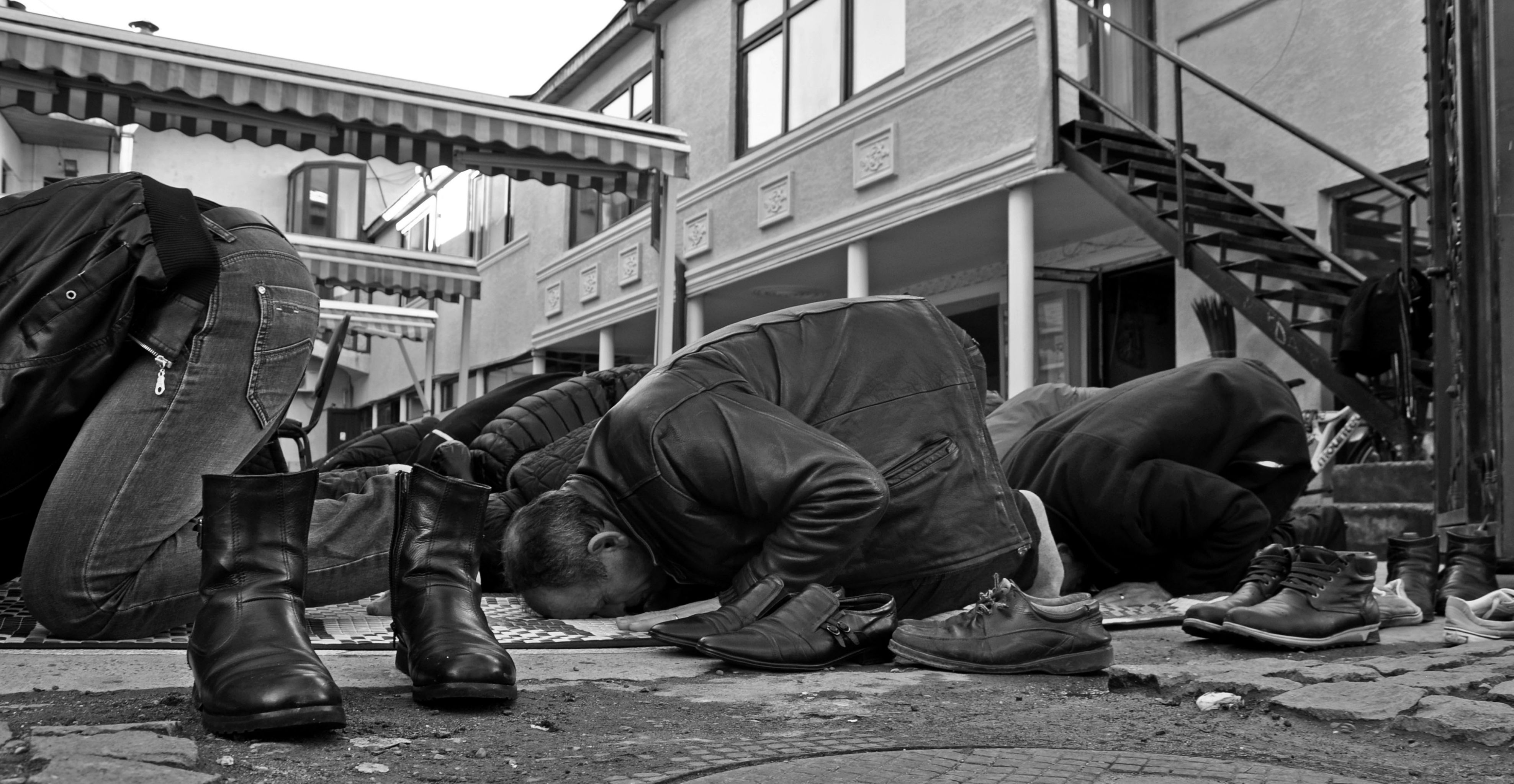
The Council of Europe’s Commission against Racism and Intolerance (ECRI) has criticised Georgia’s State Agency for Religious Issues for failing to fulfil its recommendations.
In a report published on Tuesday, the ECRI reiterated concerns raised by local human rights groups who deemed that the State Agency of Religious Issues was more of a ‘mechanism to control minority religious organisations, rather than an impartial institution’.
The ECRI is an independent human rights monitoring body set up to combat antisemitism, discrimination, racism, religious intolerance, and xenophobia in Council of Europe states.
In its latest report, the organisation noted that their recommendation that Georgian authorities scale up their support for the Council of Religions, which operates under the Public Defender’s Tolerance Centre, had not been implemented.
‘The authorities should in particular task the newly created State Agency for Religious Issues to cooperate with the Council of Religions and utilise the Council’s expertise and recommendations in order to tackle the problem of religious intolerance’, the ECRI recommendation said.
The Council of Religions is a collective of 24 religious groups who have come together to advocate for tolerance and freedom of religion in Georgia.
According to the ECRI, they were informed by the Georgian authorities that the State Agency was ‘fully capable of acting as an impartial, trusted and successful mediator’ in cases of inter-religious tensions and that ‘there has been no case so far in which another intermediary between religious associations and the government, represented by the State Agency, was needed’.
The ECRI noted that they were told the State Agency had taken steps to cooperate with the Council of Religions; however, the only example provided by the authorities of cooperation consisted of the State Agency reviewing documents produced by the Council of Religions, which ‘already points to a rather minimal level of interaction between the two bodies’.
Meaningful cooperation
The State Agency has been criticised by the Council of Religions since its establishment in February 2014. The Georgian Government deems it the main interlocutor between religious communities and the government.
Several months after its establishment, the Council of Religions and several non-government rights groups noted that the mandate of the agency was problematic. One of several reasons for this, they noted, was that the government had not consulted with them prior to founding the agency.
Criticism of the State Agency continued after this, and in their 2017 recommendations, the Council of Religions questioned if there was any need for the agency.
‘The Government created the agency without prior consultation with religious associations and major actors working on religious freedom, leading to critical public discussion regarding the need, mandate, and importance of the institute’, the report said.
The ECRI report recalled a dispute in the village of Mokhe, in west Georgia’s Adigeni Municipality, where the State Agency of Religion created a commission to determine whether a set of ruins historically belonged to Christians or Muslims.
[Read more on OC Media: Video — The story of Mokhe told in the snow]
After two years of work, the commission decided not to grant ownership of the ruins to either side. Instead, it declared the site a cultural heritage site, named ‘Disputed Building’.
Many local Muslims showed distrust towards the commission because the State Agency, which coordinated the process, did not include any of the religious minority in the commission. The Agency also turned down the Muslim community’s request to involve the Public Defender and the Tolerance Centre in the work of the commission.
‘ECRI has also not received any other information that could be interpreted as an expression of interest from the side of the State Agency for meaningful cooperation with the Council of Religions’, the ECRI noted.
To control or assist
Another accusation regularly levelled at the State Agency by several rights groups is that they have attempted to control religious groups rather than help them.
In addition to the Georgian Orthodox Church, the Georgian government pays four religious groups compensation for the damage inflicted during the Soviet era. In 2014, it gave these four ₾1.8 million ($730,000) in total; the following year, they received ₾3.3 million ($1.4 million).
Rights groups that have criticised the State Agency have argued that the government uses the money to control these groups.
In its 2017 recommendations, the Council of Religions noted that the practice of offering compensation to the four religious organisations indicated that there were agreements concluded with these religious groups on where the money would be spent.
[Read more on OC Media: Court rules privileges for Georgian Orthodox Church unconstitutional]
‘In addition, the signed agreements envisage strong leverage to control spending of the amounts transferred by the state, including access to financial and accounting documents and the possibility for an audit. Such tools provide alarming risks for interference in the internal activity of religious associations’, the Council’s recommendation said.
The report also said that the compensation procedure did not envisage objective, fair, and predictable criteria for compensation, ‘while it makes calculation and frequency of payments dependent on the political will of the Government’.
[Read more on OC Media: Violence against religious minorities ‘poorly investigated’ in Georgia]
OC Media has reached out to the State Agency for Religious Issues for comment.




 8 March 2019
8 March 2019


